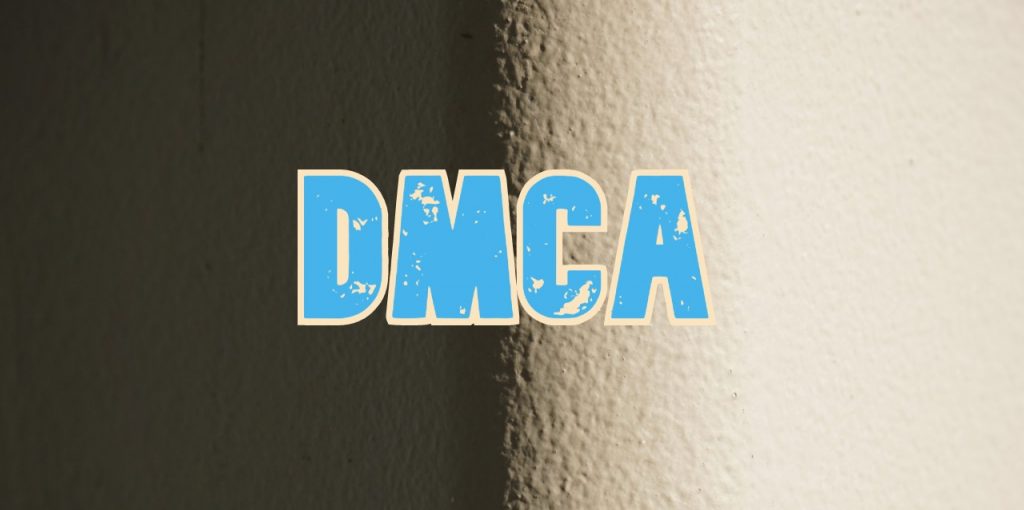
Defendant posted some videos on YouTube about the game Destiny 2. The videos stayed online for eight years with no issues until Bungie, the game’s developer and publisher sent a Digital Millennium Copyright Act (“DMCA”) takedown notice to YouTube because defendant’s video violated Bungie’s intellectual property policy. This policy encouraged Destiny 2 enthusiasts to create and post Destiny 2 content so long as the content conformed with the policy. Defendant felt wronged by Bungie’s DMCA takedown notice and, seeking to highlight flaws in the DMCA takedown process, posed as a Bungie employee and submitted 96 fraudulent takedown requests targeting other Destiny 2 content, including videos on Bungie’s own channel.
Bungie sued under Section 512(f) of the DMCA which provides that one may be liable for sending any takedown notification that knowingly materially misrepresents that complained of material is infringing. To be liable, a defendant must lack a subjective, good faith belief that the material targeted by the takedown notification is infringing. Bungie moved for summary judgment on its own claim and defendant did not oppose the motion, even though he had sat for a deposition and otherwise participated in the litigation. The court granted the summary judgment motion in favor of Bungie.
In his deposition, defendant had admitted he was “oblivious to the reprehensible damages [he] was causing to the community” and Bungie in issuing the fraudulent takedown notices, and that he caused financial and emotional damage to several Destiny 2 fans whose videos were subject to the fraudulent takedown notices he had sent. The court determined that defendant lacked a good faith belief in the infringing nature of the content, which supported his liability under the statute. Bungie demonstrated that the material did not infringe its intellectual property policy and that defendant had no authority to issue the DMCA notices. As a result of defendant’s actions, Bungie faced reputational damage and incurred significant costs in addressing the issue. Consequently, the court granted summary judgment in favor of Bungie, recognizing the intentional nature of defendant’s violations and the resultant harm to Bungie.
Bungie, Inc. v. Minor, 2024 WL 965010 (W.D. Washington, March 6, 2024)
